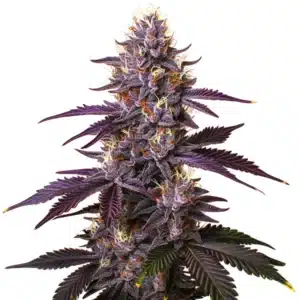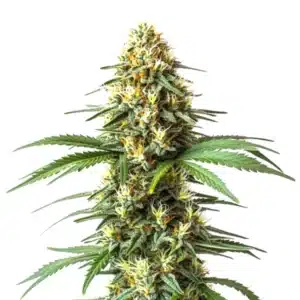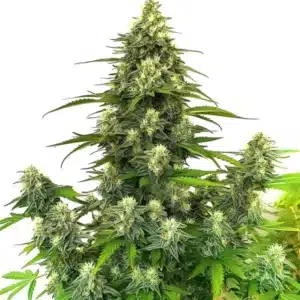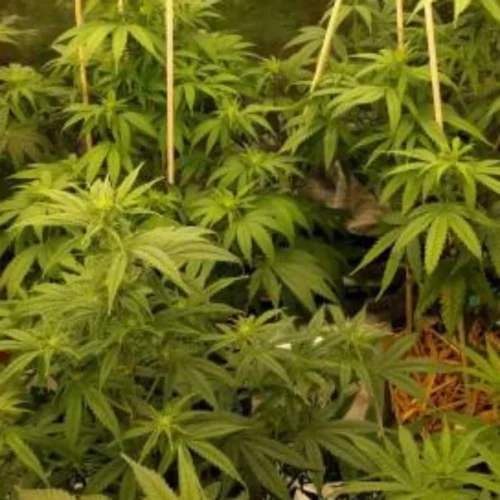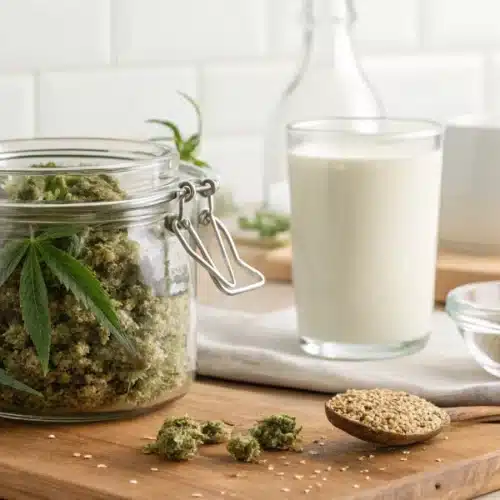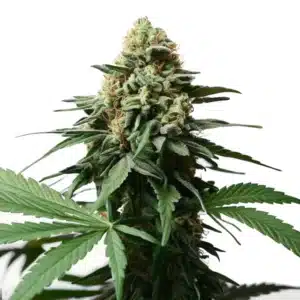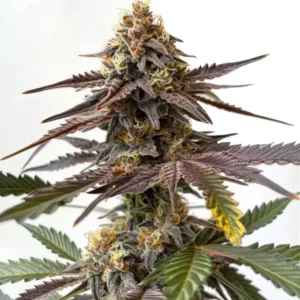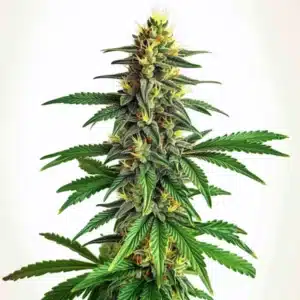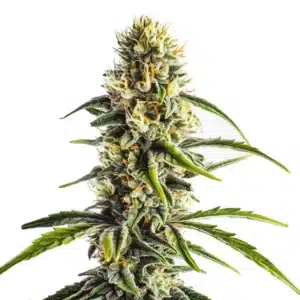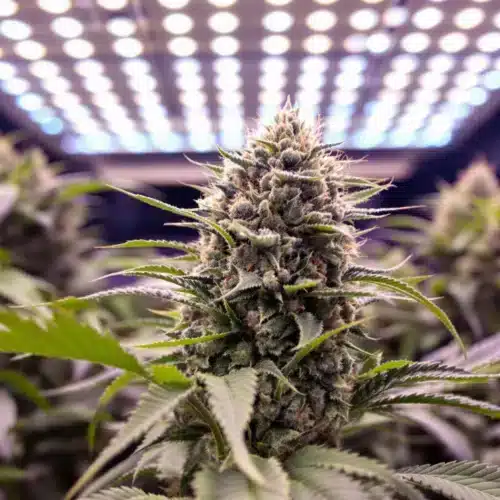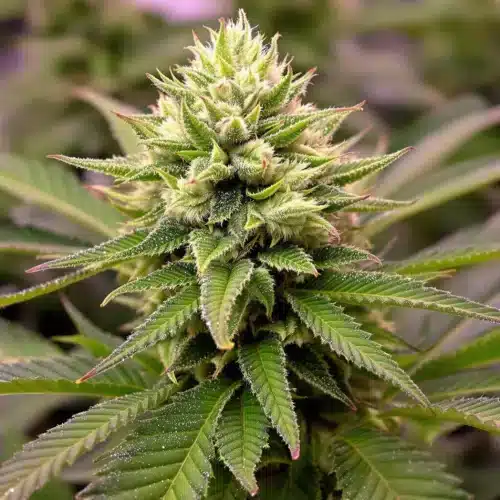Knowing Auxins in Cannabis
What Are Auxins and Their Role in Growth
Auxins are a class of plant hormones that play a pivotal role in regulating growth and development. These hormones are primarily responsible for cell elongation, which is crucial for plants like cannabis that rely on vertical growth for optimal light absorption. Auxins are produced in the tips of shoots and roots, and they travel throughout the plant, influencing various physiological processes.
In cannabis cultivation, knowing how auxins function can lead to more robust plants. Auxins promote root formation, enhance the ability of plants to respond to gravity, and regulate the timing of flowering. For growers, harnessing the power of auxins can translate into healthier plants that yield more productive harvests.
As cannabis plants grow, auxin levels fluctuate based on environmental conditions and developmental stages. By comprehending these dynamics, cultivators can implement targeted techniques to stimulate auxin production, ultimately enhancing overall growth and vitality.
How Auxins Influence Cannabis Development
The influence of auxins on cannabis development is multifaceted. These hormones play a critical role in apical dominance, which ensures that plants grow taller and more robust by prioritizing the main stem’s growth over lateral shoots. This is particularly important for cannabis growers who aim for a single main cola to maximize yield.
Moreover, auxins are vital for phototropism, the phenomenon where plants grow towards light. By manipulating light conditions, growers can influence auxin distribution within the plant, leading to more uniform growth patterns. This is especially beneficial when cultivating cannabis indoors, where light can be controlled precisely.
Auxins also affect flowering by regulating the transition from vegetative to flowering stages. By understanding how to boost auxins in cannabis plants, cultivators can time their harvests more effectively, leading to better quality buds and higher yields.
Promos & Deals
Techniques for Boosting Auxins Naturally
Organic Methods to Increase Auxin Levels
Boosting auxins in cannabis plants can be achieved through various organic methods that align with sustainable growing practices. One effective strategy involves the use of natural plant extracts such as seaweed. Seaweed is rich in cytokinins and auxins, which can stimulate root growth and overall plant vigor.
Another organic approach is the application of compost tea, which contains beneficial microorganisms that can enhance auxin production. By brewing compost tea and applying it to the soil, growers can create a nutrient-rich environment that promotes healthy plant growth.
Additionally, incorporating specific organic fertilizers that are high in nitrogen can also encourage auxin synthesis. Nitrogen is essential for the production of amino acids, which are building blocks for auxins. By ensuring that cannabis plants receive adequate nitrogen, growers can foster a conducive environment for auxin production.
Effective Supplements and Treatments
In addition to organic methods, various supplements and treatments can be employed to boost auxins in cannabis plants. One popular option is rooting hormones, which contain synthetic auxins that promote root development. These products can be particularly useful when propagating cuttings or starting seeds.
Another effective treatment involves the use of gibberellins, another class of plant hormones that work synergistically with auxins. By applying gibberellins, growers can stimulate stem elongation and improve overall plant growth, enhancing the effects of auxins.
Furthermore, foliar sprays that contain plant growth regulators can also provide a boost in auxin levels. These sprays allow for direct application to the leaves, ensuring that auxins are absorbed quickly and effectively. Regular use of these treatments can lead to noticeable improvements in plant health and productivity.
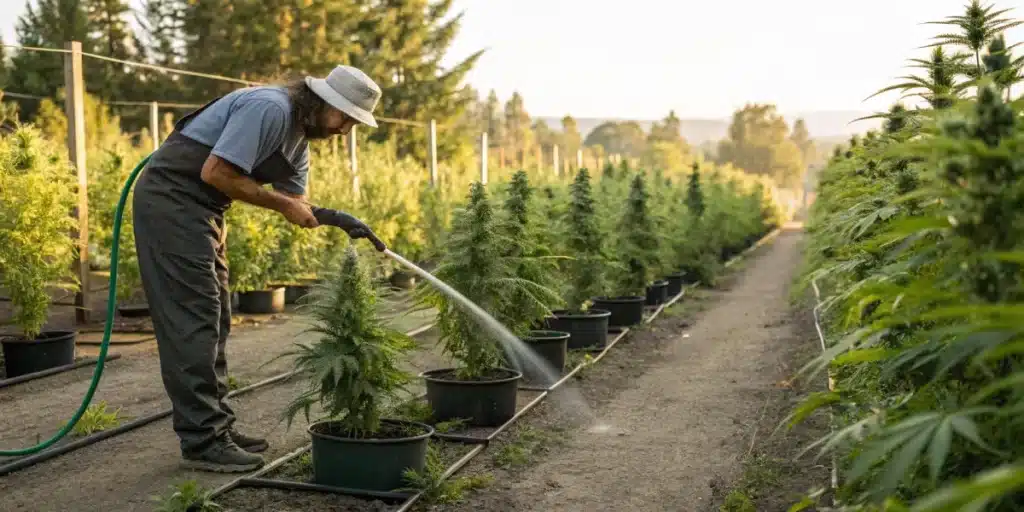
Environmental Factors That Enhance Auxin Production
Light, Temperature, and Humidity Considerations
Environmental factors play a significant role in the production of auxins in cannabis plants. Light exposure, for instance, directly influences auxin distribution and synthesis. Plants exposed to optimal light conditions tend to produce higher levels of auxins, leading to enhanced growth.
Temperature also affects auxin levels. Cannabis plants thrive within specific temperature ranges, and deviations can impact their hormonal balance. Warmer temperatures can stimulate auxin production, while excessively high or low temperatures may hinder it. Maintaining a consistent and suitable temperature range is essential for maximizing auxin synthesis.
Humidity is another critical factor that can influence auxin production. Adequate humidity levels help prevent water stress, allowing plants to maintain healthy metabolic functions, including auxin synthesis. Growers should monitor humidity levels and adjust their growing conditions accordingly to ensure optimal auxin production.
Optimizing Soil and Nutrient Conditions
The soil and nutrient conditions in which cannabis plants are grown significantly affect auxin levels. Healthy, well-aerated soil promotes root development and enhances auxin production. Growers should focus on creating a balanced soil environment that provides essential nutrients while ensuring proper drainage.
Adding organic matter, such as compost or worm castings, can improve soil structure and nutrient availability. These amendments can also introduce beneficial microorganisms that aid in auxin production and overall plant health.
Regular soil testing is advisable to ensure that nutrient levels are optimal for cannabis growth. By maintaining balanced nutrient conditions, growers can create an environment that fosters auxin synthesis, leading to healthier and more productive plants.
Integrating Auxin Boosting with Overall Cultivation
Combining Auxin Enhancement with Nutrient Management
Integrating auxin boosting strategies with comprehensive nutrient management is essential for maximizing cannabis growth. Understanding the nutritional needs of cannabis plants at various growth stages allows growers to tailor their nutrient applications for optimal auxin production.
For example, during the vegetative stage, it’s crucial to provide adequate nitrogen to support auxin synthesis. Conversely, during the flowering stage, reducing nitrogen and increasing phosphorus can help balance hormonal levels while still promoting auxin activity.
Furthermore, monitoring the pH levels of the soil is vital. A balanced pH ensures that nutrients are readily available for uptake, supporting auxin production. By taking a holistic approach to nutrient management, growers can create a synergistic effect that enhances auxins and overall plant health.
Monitoring Plant Responses and Adjusting Techniques
To successfully boost auxins in cannabis plants, growers need to monitor plant responses continuously. Observing growth patterns, leaf color, and overall health can provide insights into the effectiveness of auxin enhancement techniques.
If plants exhibit signs of stress or slow growth, it may be necessary to adjust the methods being employed. For instance, if organic fertilizers are not yielding the desired results, exploring different types of amendments or treatments may be beneficial.
Regularly assessing environmental conditions and nutrient levels also plays a crucial role in optimizing auxin production. By staying attuned to the plants’ needs and responding accordingly, growers can ensure that their cannabis plants reach their full potential.
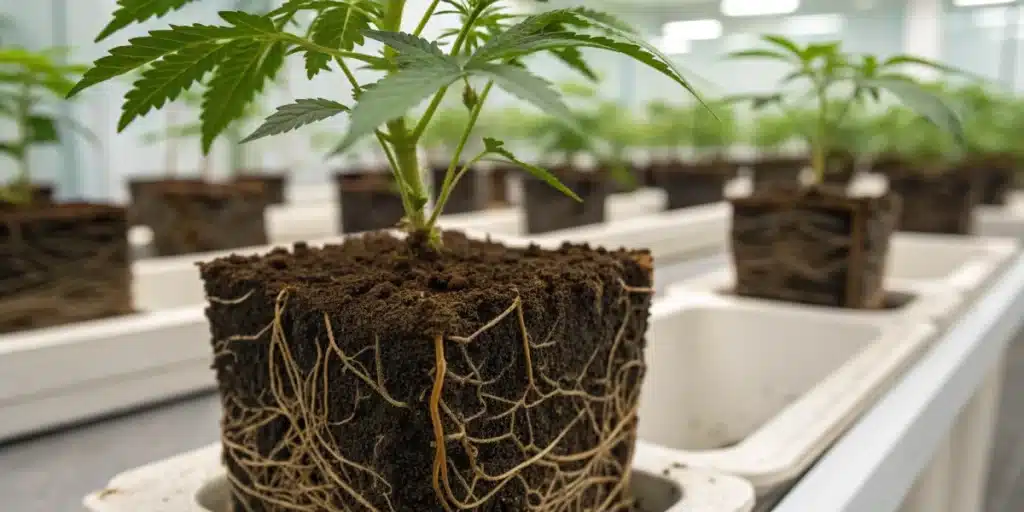
FAQs about Boosting Auxins in Cannabis Plants
What natural products can help boost auxins in cannabis plants?
Natural products like seaweed extract and compost tea can significantly enhance auxin levels in cannabis plants. These organic options provide essential nutrients and growth hormones that stimulate plant development.
How do environmental factors affect auxin production in cannabis?
Environmental factors such as light, temperature, and humidity play a crucial role in auxin production. Optimal conditions can lead to increased auxin synthesis, while unfavorable conditions may hinder it.
Can boosting auxins improve overall yield and quality?
Yes, boosting auxins can lead to healthier cannabis plants, which often results in improved yield and quality. Enhanced auxin levels promote vigorous growth and better flowering, contributing to a more productive harvest.


